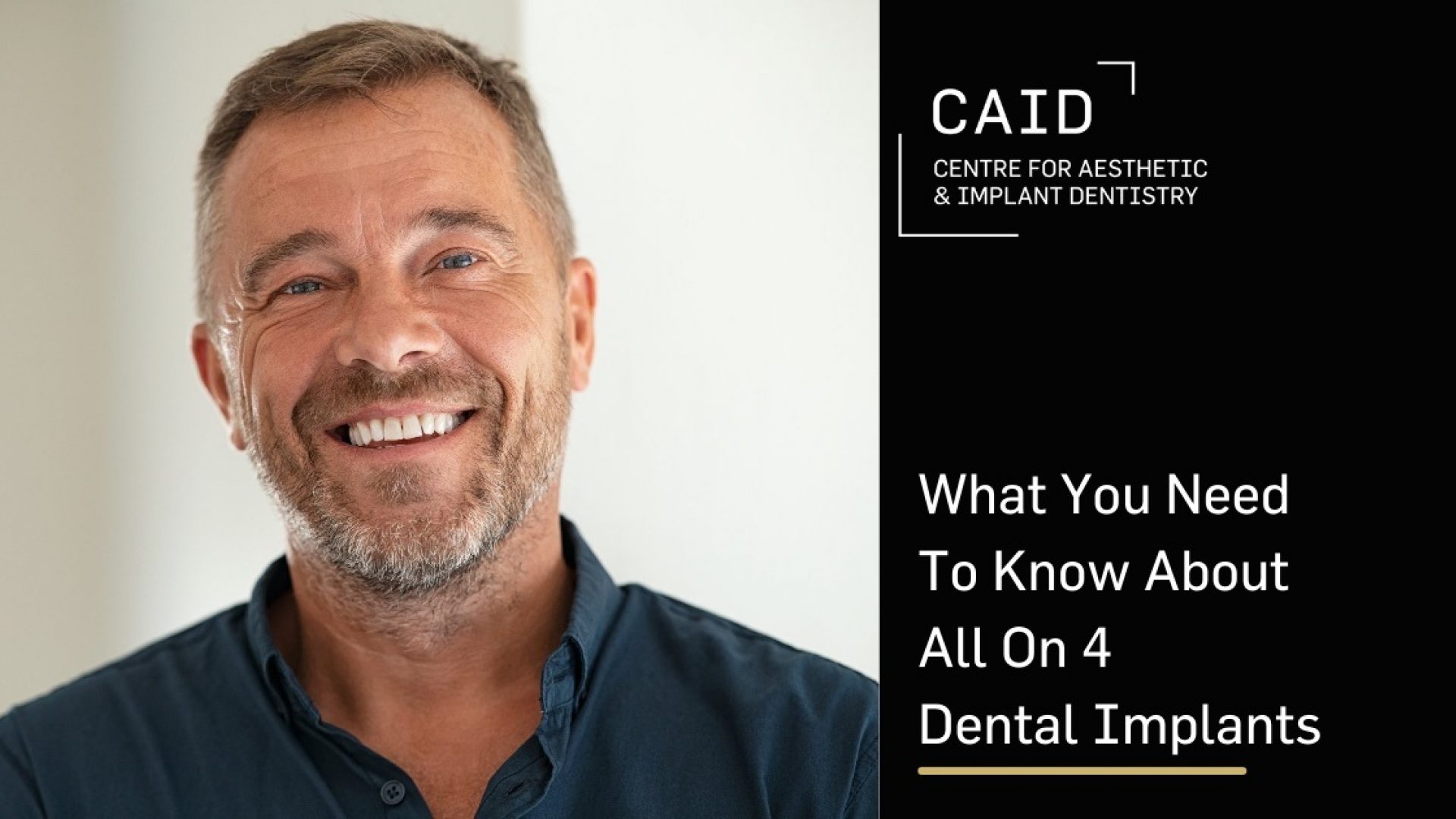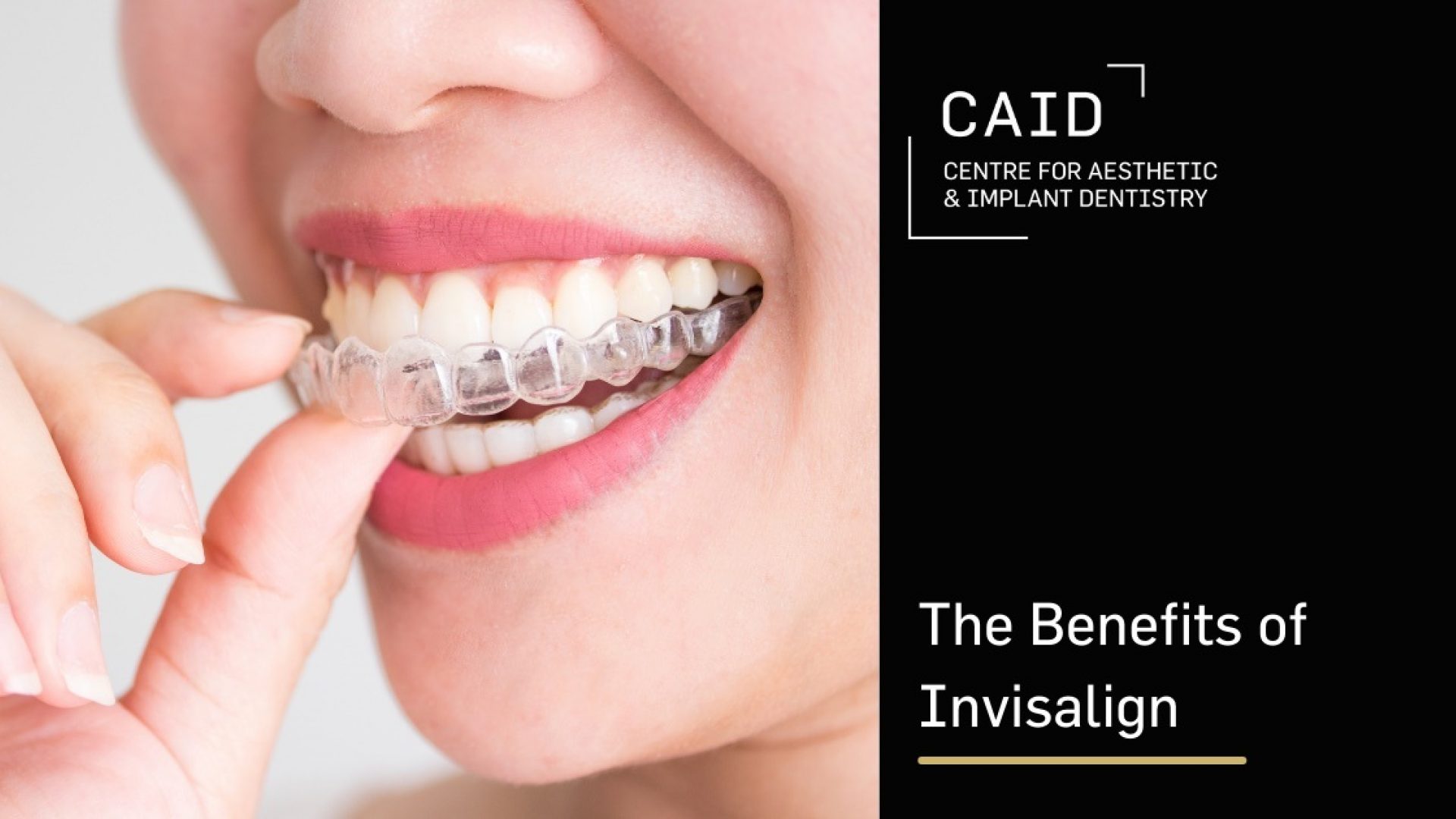The loss of a single tooth may trigger adverse changes in your dentition ultimately affecting your dental health, ability to chew comfortably your personal appearance.
Your teeth support and rely on each other. When one or more teeth are missing, the remaining teeth can shift out of their normal position. Teeth adjacent to space or from the opposite jaw will often drift or tilt. These teeth are often more susceptible to decay and gum disease and they are more difficult to clean properly.
All of this shifting, drifting, and wear will lead to changes in the bite and potentially, further tooth loss. The remaining dentition, with fewer teeth, is more susceptible to excessive functional stresses and tooth wear. Furthermore, the jawbone tends to atrophy or, ‘shrink’, as a result of tooth loss. Ultimately, your ability to chew comfortably and your appearance may be affected.
There are a number of alternatives for replacing missing teeth (click for more information):
Dental Implants
The best alternative to date, to natural teeth! In addition to the general advantages of replacing a tooth, treatment with dental implants spares adjacent teeth and prevents further bone atrophy
Fixed Bridges
Bridges restore appearance and function and are permanently fixed in position. In cases where adjacent teeth are heavily filled, or need crowns, a bridge may be the most sensible treatment option
Removable Dentures
The cheapest alternative for replacing a number of missing teeth!





